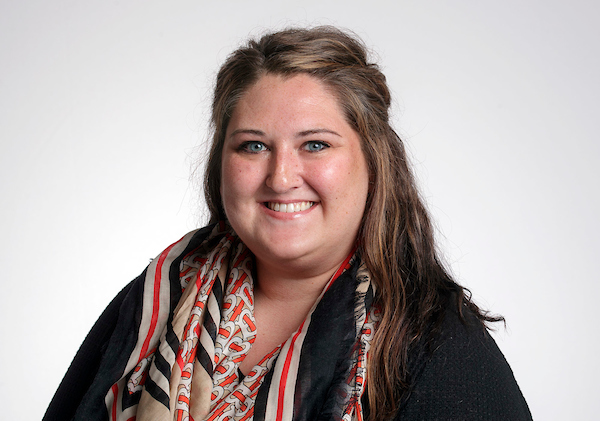Social Work Professor’s Research Accepted into International Conference

A social work professor at the University of Arkansas at Little Rock will showcase their work on an international platform this summer.
Dr. Mackenzie Lee will present her paper, “Perceptions of Contraceptive Side Effects Among Teen Girls in Rural Missouri,” at the International Social Work and Sexuality Conference July 18-19 in Glasgow, Scotland.
Lee’s research investigates how girls in rural Missouri view the health risks associated with the use of birth control.
“I got the idea for this research project from another study I did,” Lee said. “I received a grant from the Society of Family Planning to interview teen parents in rural Missouri. Throughout the interviews, teen moms kept bringing up how they weren’t taking birth control or had halted the use of birth control due to their concerns about extreme side effects – anxiety, depression, weight gain, bipolar disorder, endometriosis, and infertility – that aren’t typically documented as normal side effects for birth control. I wondered where these ideas about side effects were coming from.”
For the study, Lee surveyed 183 girls between the ages of 15-19 in 41 rural counties in Missouri that have higher than the national average teen birth rates. The study found that teen girls in rural Missouri are reporting that the use of birth control produces much higher rates of side effects than have been medically proven.
The teens were especially concerned that using birth control causes bipolar disorder, anxiety, and weight gain. Survey participants who identified as a racial minority reported a greater risk of side effects from birth control than their white counterparts.
Lee said the teens most often reported hearing the misinformation about birth control side effects from friends, acquaintances, and younger relatives. For social workers, it’s especially concerning that the teens are using this misinformation to make decisions, instead of going to their parents and physicians for medically accurate information about birth control and its side effects.
“Social work educators and practitioners need to be discussing medically accurate contraceptive information with young people, especially girls,” Lee said. “Being ill informed about contraceptive side effects may be impacting girls taking contraceptives, which in turn could be contributing to the extremely high teen pregnancy rates in rural areas of Midwest America.”
